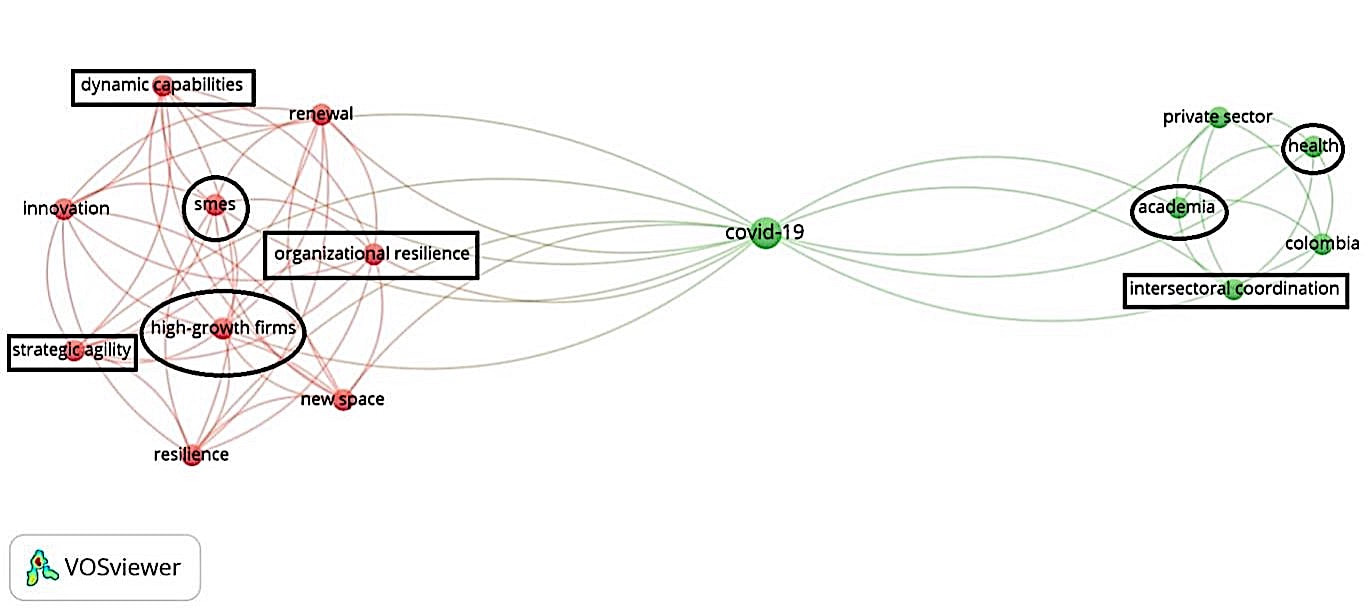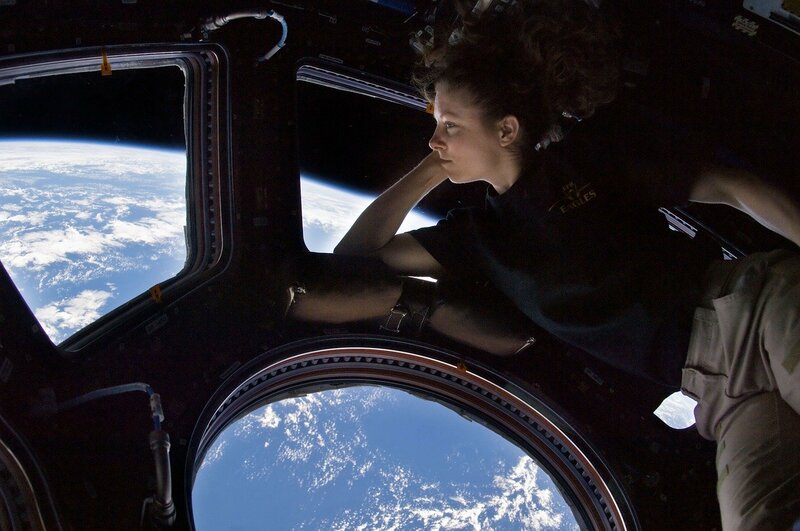|
The term 'space sciences' is a conglomeration of almost all of the branches of science known to humanity today. Space fuels exploration and provides enormous opportunities for exploitation to meet societal needs. So much so that one finds the footprint of space technology in almost every aspect of daily life. For example, data received from earth observations help us to understand the global environmental factors and initiate ground-based measures to tackle them. Integrating data with fields like agriculture helped us develop 'Precision Agriculture'. Furthermore, space-driven initiatives drive international cooperation on issues related to humanity. Thus, it is pretty evident that any new crisis or breakthrough in almost any aspect of society will impact on the space industry. Such was the case when devastating waves of COVID-19 hit the world. Presented below is a bibliometric mindmap that gives us a visual aid to further our understanding of the true nature of the negative impact of the pandemic on the space industry. Figure: Impact of COVID-19 on the space industry and vice versa (Adopted with modifications from Palit S et al. - Space Industry and COVID-19: An Insight into Their Shared Relation) Note: Circles/ovals- Represent institutions affected by the COVID pandemic; Rectangles- Represent institutional values affected by the COVID pandemic It can be seen that the pandemic dealt a severe blow to institutions (such as SMEs, academia, the health sector) and their values (such as organisational resilience, etc.). However, as the saying goes, 'every cloud has a silver lining', and such was the case with COVID-19. Areas in which COVID-19 had positive implications include cases where:
Furthermore, astronauts onboard the International Space Station teach us some of the most valuable lessons. These include instances where the world applied containment measures to restrict the spread of pandemics, leading to the limited provision of healthcare resources. Here, the experiences gained with 3D printing during human spaceflights could help the healthcare industry to produce various tools (dental, medical, or surgical) and pharmaceutical products, and the list is endless.
Therefore, given the recent losses that we have suffered, it would be advisable to adopt space-based technologies as quickly as possible to help prevent the long-standing implications of COVID-19. However, this can only be done if we have collective support from government agencies worldwide. Comments are closed.
|
Welcometo the InnovaSpace Knowledge Station Categories
All
|
InnovaSpace Ltd - Registered in England & Wales - No. 11323249
UK Office: 88 Tideslea Path, London, SE280LZ
Privacy Policy I Terms & Conditions
© 2024 InnovaSpace, All Rights Reserved
UK Office: 88 Tideslea Path, London, SE280LZ
Privacy Policy I Terms & Conditions
© 2024 InnovaSpace, All Rights Reserved





 RSS Feed
RSS Feed